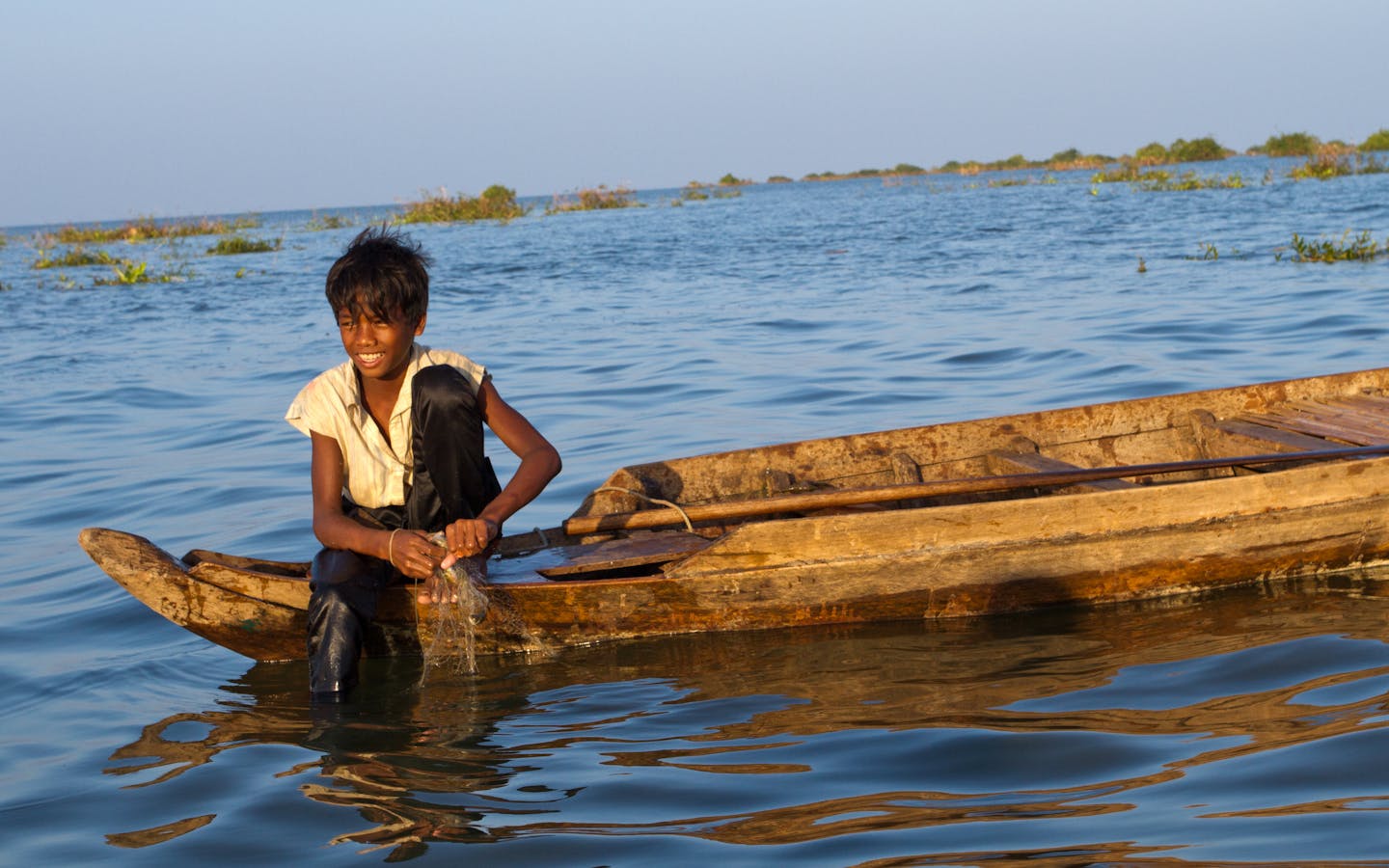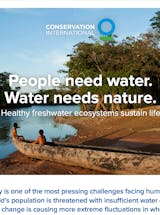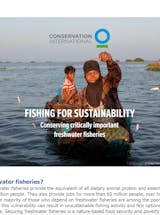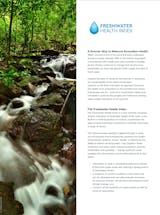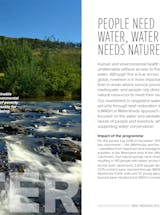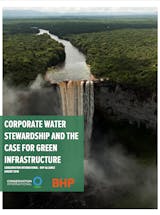Editor's note: News about conservation and the environment is made every day, but some of it can fly under the radar. In a recurring feature, Conservation News shares a recent news story that you should know about.
Around the world, rivers have been treated like repositories of trash and toxic runoff — some so heavily polluted that they caught on fire. Now, cities from Australia to Europe to North America are turning to nature to restore their waterways by introducing plants typically found in wetland ecosystems.
Floating wetlands, as they’re called, harness the natural ability of plants to filter contaminants while “giving scientists an opportunity to study environments that have long been ignored,” Susan Cosier reported for Yale Environment 360.
What is a floating wetland? Exactly what it sounds like: An artificial platform with aquatic plants that has been engineered to float on waterways — often very polluted ones. It’s becoming an increasingly popular way for cities to help wipe out the toxic legacies of their waterways.
Like a natural wetland, floating wetlands contain plants, bacteria and algae that reduce contaminants from stormwater and absorb agricultural nutrients that can choke out aquatic life. A single acre of floating wetland can take up the equivalent of up to 6 hectares (15 acres) worth of nutrient pollution from urban development, Max Rome, a doctoral student at Northeastern University, told Yale Environment 360.
Other research suggests that floating wetlands can also filter some of the chemicals found in the acidic water that drains from metal mines and other dangerous contaminants linked to reproductive issues and cancer.
While they aren’t the sole answer to urban waterways’ woes, engineered wetlands could be a useful tool to improve water quality.
Further reading: Expert: Ending the global water crisis ‘starts in your back yard’
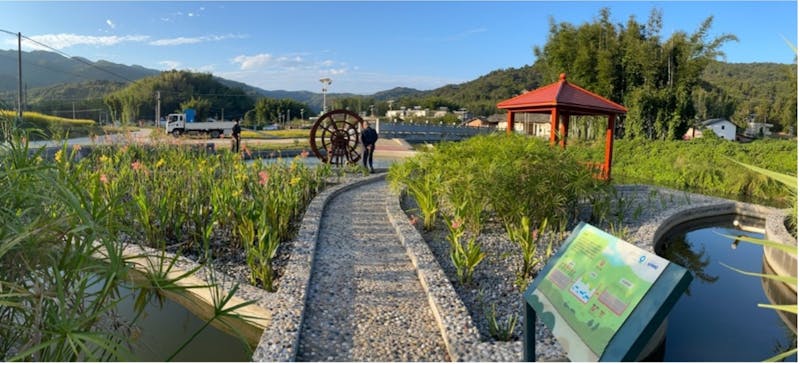 Constructed wetlands created by the people in Xiadong Village, China. ©Conservation International
Constructed wetlands created by the people in Xiadong Village, China. ©Conservation International
The planet’s freshwater ecosystems are in crisis — 80 percent of wastewater worldwide goes untreated, with major impacts on human health and natural habitats.
In southern China’s Dongjiang River, where wastewater treatment facilities are limited, Conservation International is working with local partners to tap into nature to improve community-based water stewardship. Two villages in the Dongjiang River Basin have constructed wetlands that move contaminated water through shallow septic tanks and into natural ecosystems, such as marshes, which absorb pollutants and filter the water.
The constructed wetlands now treat up to 9,000 tons of sewage in the villages before returning the water to the river. At the same time, they provide habitat for native waterfowl, fish, frogs, insects and other species, said Weiling Wu, who runs Conservation International’s program on the Dongjiang River.
“Since the project began, we have seen a rise in the amount of wildlife in the area,” Wu said. “With clean water, the animals can thrive at the same time that we are creating freshwater infrastructure to help people.”
Read the full story here.
Further reading: In China, engineered wetlands remove waste from fresh water
Mary Kate McCoy is a staff writer at Conservation International. Want to read more stories like this? Sign up for email updates. Also, please consider supporting our critical work.
